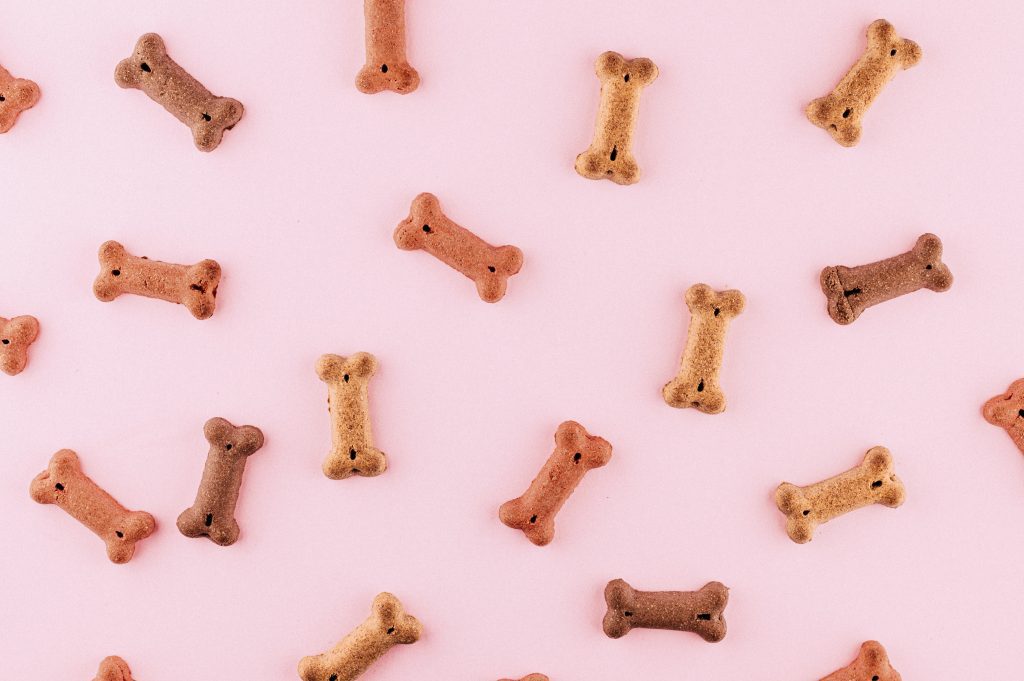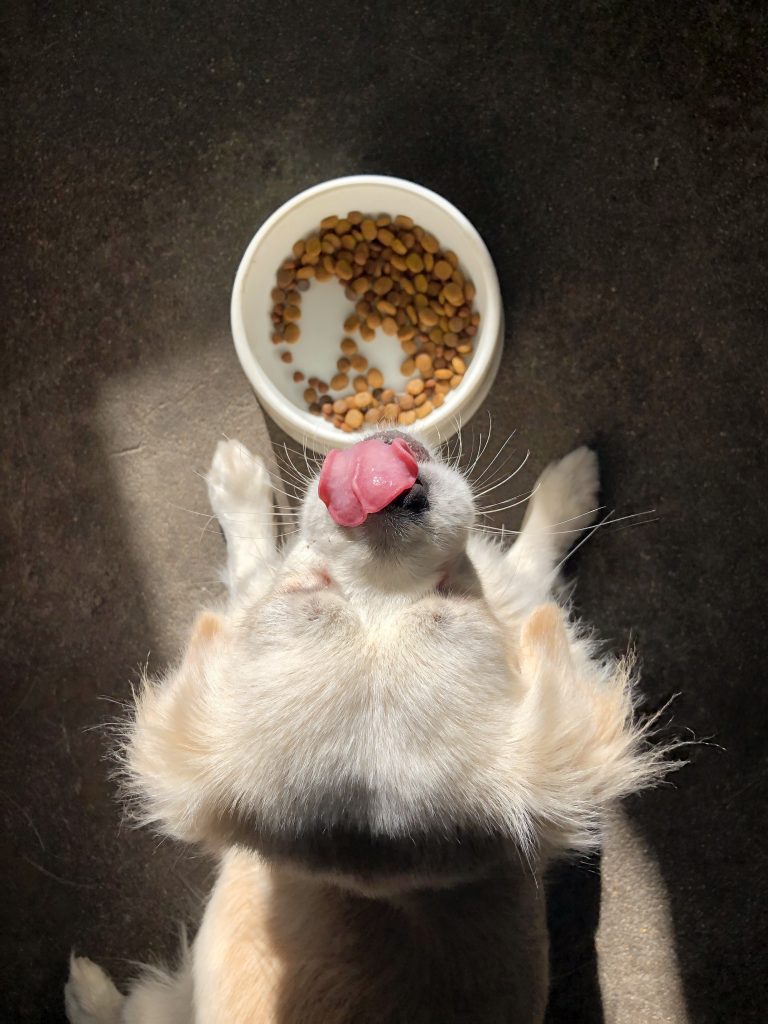Safe and Healthy Foods for Dogs

In this article, we will explore a variety of safe and healthy foods for dogs, ensuring that you have all the information you need to provide the best diet for your furry friend. From fruits and vegetables to lean meats and grains, we will cover a range of options to help you make informed choices about what canines can safely consume. So, let’s dive right in and discover the delicious and nutritious options that can keep your four-legged companion happy and healthy!
Safe and Healthy Foods for Dogs
1. Introduction to Safe and Healthy Foods for Dogs
1.1 Understanding the Importance of Proper Nutrition for Dogs
Proper nutrition is crucial for the overall health and well-being of your beloved canine companion. Just like humans, dogs require a balanced diet to support their growth, development, and immune system. Providing safe and healthy foods to your furry friend is essential to ensure they live a long, happy, and active life.
1.2 Basics of Canine Dietary Requirements
Dogs have specific dietary needs that differ from our own. While they are primarily carnivorous animals, their diet should also contain a good amount of fruits, vegetables, and grains for a well-rounded nutritional intake. It is important to understand their dietary requirements in terms of proteins, carbohydrates, fats, vitamins, and minerals to meet their individual nutritional needs.
1.3 Benefits of Feeding Dogs Safe and Healthy Foods
Feeding your dog safe and healthy foods offers numerous benefits. These include improved digestion, increased energy levels, stronger immune system, healthier coat and skin, better weight management, and reduced risk of certain health conditions. By ensuring their diet is nutritionally balanced, you are providing them with the best chance for a long and happy life.
2. Guidelines for Feeding Dogs
2.1 Portion Control: Determining the Right Amount
Portion control plays a vital role in maintaining your dog’s weight and overall health. It is important to determine the right amount of food based on your dog’s size, activity level, age, and breed. Consult your veterinarian or refer to the recommended feeding guidelines provided by the dog food manufacturer to ensure you are providing the appropriate portion size for your furry friend.
2.2 Frequency of Feeding: Meal Schedule for Dogs
Establishing a consistent meal schedule is important for dogs. Most adult dogs thrive on being fed two meals a day, while puppies may require more frequent meals. By sticking to a regular feeding routine, you can support their digestion and prevent potential problems associated with overeating or excessive hunger.
2.3 Feeding Methods: Free-Choice or Scheduled Feeding
There are two common feeding methods for dogs: free-choice and scheduled feeding. Free-choice feeding involves leaving food available for your dog at all times. Scheduled feeding, on the other hand, involves providing meals at specific times throughout the day. Both methods have their pros and cons, and it is important to choose the one that best suits your dog’s needs and lifestyle.
2.4 Hydration: Ensuring Adequate Water Intake
Keeping your dog hydrated is crucial for their overall health. Make sure your dog always has access to clean, fresh water. The amount of water they need may vary depending on factors such as temperature, activity level, and diet. Monitor their water intake and consult your veterinarian if you notice any changes or concerns.
2.5 Consultation with Veterinarian: The Key to Tailored Diets for Dogs
It is crucial to consult with your veterinarian to determine the specific dietary needs of your dog. They can provide tailored recommendations based on your dog’s age, breed, weight, health condition, and any special dietary requirements. This professional guidance will ensure you are providing the best diet for your furry friend.

3. Types of Foods to Avoid
3.1 Toxic Foods for Dogs: A Comprehensive List
There are certain foods that are toxic and potentially dangerous for dogs. It is essential to be aware of these foods and avoid feeding them to your canine companion. Some common toxic foods include chocolate, grapes and raisins, onions and garlic, avocados, caffeine, alcohol, and certain nuts. Keep these foods out of reach to prevent accidental ingestion and potential health issues.
3.2 Harmful Food Additives and Seasonings
In addition to specific foods, certain food additives and seasonings can be harmful to dogs. Some of these include artificial sweeteners like xylitol, which can be found in sugar-free gum and certain baked goods. Excessive salt or sodium can also be dangerous for dogs. Always read labels carefully and avoid feeding your dog foods that contain these harmful additives and seasonings.
3.3 Some Human Foods Dogs Should Strictly Avoid
While dogs can safely consume many human foods, there are some that should be strictly avoided. These include foods like onions, garlic, alcohol, chocolate, caffeine, grapes and raisins, avocado, and certain nuts. It is important to educate yourself on these foods and keep them out of your dog’s reach to prevent any potential health issues.
4. Nutritious Fruits and Vegetables for Dogs
4.1 The Benefits of Adding Fruits and Vegetables to a Dog’s Diet
Adding fruits and vegetables to your dog’s diet can provide numerous benefits. These include added fiber, antioxidants, vitamins, and minerals that support their digestion, immune system, and overall health. Fruits and vegetables can also serve as a healthy treat option for your dog, while helping to maintain their weight and provide additional nutrients.
4.2 Safe and Beneficial Fruits for Dogs
Many fruits are safe and beneficial for dogs to consume. Some examples include apples, bananas, blueberries, watermelon, and strawberries. Remember to remove any seeds or pits, as they can be harmful to dogs. It is important to introduce fruits gradually into your dog’s diet and monitor their response to ensure they tolerate them well.
4.3 Nutritious Vegetables Suitable for Dogs
There are several nutritious vegetables that are suitable for dogs. Carrots, green beans, sweet potatoes, and peas are excellent options. These vegetables can be steamed, boiled, or served raw as a crunchy snack. Incorporating these vegetables into your dog’s diet can provide added vitamins, minerals, and fiber, contributing to their overall well-being.

5. Protein-Rich Foods for Dogs
5.1 Importance of Protein in a Dog’s Diet
Protein is an essential macronutrient for dogs. It plays a vital role in building and repairing tissues, supporting the immune system, and providing energy. Including protein-rich foods in your dog’s diet is important for their overall health and well-being.
5.2 Lean Meats: Ideal Sources of Protein for Dogs
Lean meats are excellent sources of protein for dogs. Chicken, turkey, lean beef, and lamb are commonly recommended options. It is important to remove the skin and excess fat to ensure a healthier protein source. Cook the meat thoroughly before serving it to your dog to eliminate any potential bacteria.
5.3 Fish and Seafood: Healthy Protein Alternatives for Dogs
Fish and seafood can provide dogs with high-quality protein as well as omega-3 fatty acids, which are beneficial for their skin and coat health. Salmon, tuna, and sardines are great options. Make sure to remove any bones before feeding fish to your dog and cook it thoroughly to eliminate any potential parasites.
5.4 Plant-Based Proteins for Dogs: Benefits and Considerations
Plant-based proteins can also be incorporated into a dog’s diet. Legumes, such as lentils and chickpeas, are excellent sources of plant-based protein. It is important to note that dogs have different protein requirements than humans, so consult with your veterinarian to ensure you are providing a nutritionally balanced plant-based protein source for your dog.
6. Healthy Carbohydrates for Dogs
6.1 Understanding the Role of Carbohydrates in a Dog’s Diet
Carbohydrates are an important source of energy for dogs. They provide vital nutrients and fiber that support digestion and overall health. However, it is important to choose healthy carbohydrates that are easily digestible and provide nutritional value.
6.2 Whole Grains: Nutritious Carbohydrate Sources
Whole grains such as brown rice, oats, and quinoa are nutritious sources of carbohydrates for dogs. These grains are rich in fiber, vitamins, and minerals. They provide sustained energy while promoting good digestion. It is important to cook grains thoroughly before serving them to your dog to improve digestibility.
6.3 Starchy Vegetables: Appropriate Carbs for Dogs
Starchy vegetables like sweet potatoes and pumpkin are excellent sources of carbohydrates for dogs. They are rich in fiber, vitamins, and minerals. These vegetables can be cooked, mashed, or added to homemade dog food recipes to provide a wholesome carbohydrate source. However, be mindful of the quantity to avoid excessive calorie intake.

7. Essential Fats for Dogs
7.1 Importance of Healthy Fats in a Dog’s Diet
Healthy fats are essential for a dog’s overall health. They provide energy, support brain function, promote healthy skin and coat, and aid in the absorption of fat-soluble vitamins. It is important to include beneficial fats in your dog’s diet to maintain their overall well-being.
7.2 Sources of Beneficial Omega-3 Fatty Acids for Dogs
Including omega-3 fatty acids in your dog’s diet can provide numerous benefits. Fish oil, specifically salmon oil, is a great source of omega-3 fatty acids. These fatty acids have anti-inflammatory properties and promote healthy joints and cardiovascular health in dogs. Consult your veterinarian for guidance on the appropriate dosage for your dog’s size and health condition.
7.3 Incorporating Essential Fats in Homemade Dog Food
If you prepare homemade dog food, it is important to incorporate essential fats into their diet. Natural sources of fat, such as lean meats and fish, can provide the necessary fats. Additionally, adding a small amount of olive oil or coconut oil to their meals can further enhance their intake of healthy fats. Ensure you calculate the correct portion sizes to maintain a balanced diet.
8. Dairy Products for Dogs
8.1 Dairy and Lactose Intolerance in Dogs
While some dogs can tolerate dairy products, many are lactose intolerant. Lactose intolerance occurs when dogs are unable to digest lactose, the sugar found in milk and dairy products. It is important to monitor your dog’s reaction to dairy and consult with your veterinarian if any digestive issues or allergies arise.
8.2 Suitable Dairy Products for Dogs
If your dog is not lactose intolerant, there are some dairy products that can be safely incorporated into their diet. Plain, unsweetened yogurt and cottage cheese contain beneficial probiotics and protein. These products can be offered in small amounts as a treat or mixed with their regular food to provide added nutrition.
8.3 Moderation and Caution when Feeding Dogs Dairy
When feeding dogs dairy products, it is important to practice moderation and caution. Serve small portions to ensure their tolerance and monitor for any adverse reactions. If you are unsure about the suitability of dairy for your dog, consult with your veterinarian for professional guidance.
10. Homemade Dog Food Recipes
10.1 Benefits of Preparing Homemade Dog Food
Preparing homemade dog food allows you to have complete control over the ingredients and quality of your dog’s diet. It can be an excellent option for dogs with specific dietary needs, allergies, or intolerances. Homemade dog food can provide a nutritionally balanced and delicious alternative to commercial dog food.
10.2 Guidelines for Preparing Balanced Homemade Dog Food
When preparing homemade dog food, it is important to follow certain guidelines to ensure a balanced and nutritious meal. Include a variety of proteins, carbohydrates, fruits, and vegetables. Consult with your veterinarian for portion sizes and nutritional requirements specific to your dog’s needs. Carefully monitor their weight, energy levels, and overall health to ensure the homemade diet is suitable for them.
10.3 Simple and Nutritious Homemade Dog Food Recipes
There are many simple and nutritious recipes that you can try when preparing homemade dog food. One example is a chicken and vegetable stew. Cook boneless, skinless chicken with a mix of dog-friendly vegetables such as carrots, green beans, and peas. Ensure the ingredients are thoroughly cooked and properly cooled before serving it to your dog. Be sure to research and follow balanced recipes recommended by veterinarians or canine nutritionists to provide a nutritionally complete meal for your furry friend.
In conclusion, providing safe and healthy foods for your dog is essential for their overall well-being. Understanding their dietary requirements, consulting with your veterinarian, and incorporating a variety of nutritious foods will help ensure a long and happy life for your furry companion. Remember to always monitor their response to new foods and make gradual changes to their diet to prevent any digestive issues. By prioritizing proper nutrition, you are giving your dog the best chance at a healthy and vibrant life.